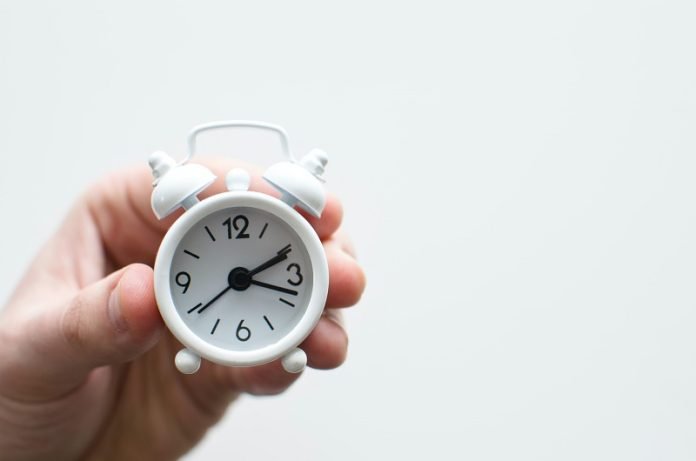
In a study from University at Buffalo, scientists found obstructive sleep apnea may be linked to low bone mineral density in adults.
The findings are crucial for individuals with sleep apnea, as low bone mineral density is an indicator of osteoporosis—a condition in which bones become weak and brittle.
In addition to increasing the risk of fractures, low bone mineral density also impacts oral health, causing teeth to become loose and dental implants to fail.
In the study, the team used cone beam computed tomography (CBCT)—a type of X-ray—to measure bone density in the head and neck of 38 adult participants, half of whom had obstructive sleep apnea.
When controlling for age, sex and weight, the team found the participants with obstructive sleep apnea had much lower bone mineral density than the participants without the condition.
Obstructive sleep apnea, which is characterized by difficulty breathing while asleep, can cause hypoxia (low levels of oxygen in the body), inflammation, oxidative stress and shortened breathing patterns.
Each of these symptoms may have a chronic negative effect on bone metabolism and, ultimately, bone density.
The team says while the link between obstructive sleep apnea and low bone mineral density has yet to be fully explored, this study offers new evidence on their connection that could have several implications for orthodontic treatment,
If a patient has been diagnosed with sleep apnea, this can influence treatment planning and management.
CBCT imaging has become an integral part of the daily orthodontic practice and could be used as a screening tool for low bone mineral density.
Orthodontists could then inform their patients of their propensity for low bone mineral density and encourage them to seek further consultation with their physician, as well as warn the patient of possible adverse outcomes, increased risks and effects on treatment time.
If you care about sleep, please read studies about how sleep may help you process emotions, reduce PTSD, and this herb may help you sleep better at night.
For more information about health, please see recent studies about vitamins that could help reduce bone fracture risk, and these drugs could treat sleep loss and insomnia.
The study was conducted by Thikriat Al-Jewair et al and published in CRANIO: The Journal of Craniomandibular and Sleep Practice.
Copyright © 2023 Knowridge Science Report. All rights reserved.



